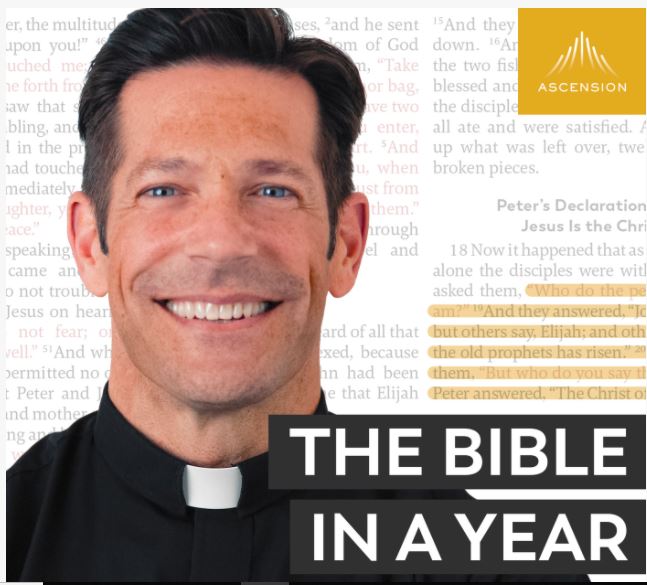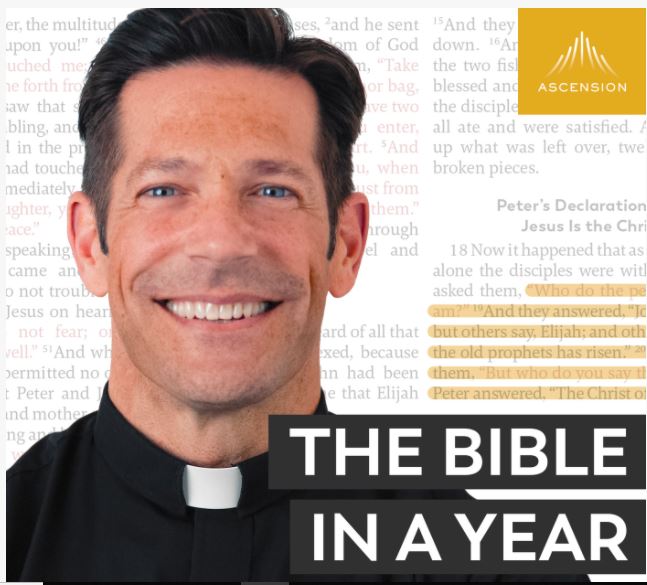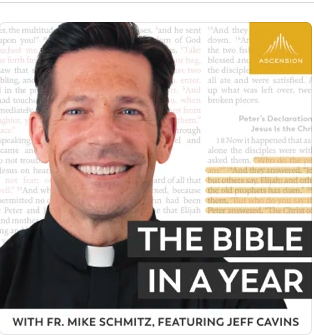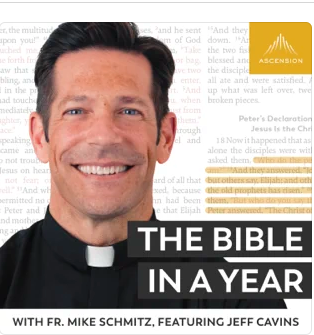“Tell the people their actual wickedness, let the people know their real sins…. ‘Is this the kind of fasting I wish? Do you call this a fast day acceptable to God?’” (Isaiah 58:1, 5).
Isaiah says explicitly that God prefers another kind of fasting which changes our actual lifestyle and not just punishes our body. (The poor body is always the available scapegoat to avoid touching our purse, our calendar, or our prejudices.) Isaiah makes a very upfront demand for social justice, non-aggression, taking our feet off the necks of the oppressed, sharing our bread with the hungry, clothing the naked, letting go of our sense of entitlement, malicious speech, and sheltering the homeless. He says very clearly this is the real fast God wants! It is amazing that we could ever miss the point. It is likely that what we later called the corporal works of mercy came from this passage.
—from the book Wondrous Encounters: Scriptures for Lent
by Richard Rohr, OFM
//Franciscan Media//







